 Larry Scroggins of the Dolphin Club of San Francisco informed us of an educational study conducted by Thomas J. Nuckton MD, David M. Claman MD, Daniel Goldreich PhD, Frederick C. Wendt MD and John G. Nuckton MD published in The American Journal of Emergency Medicine (Volume 18, Issue 6, October 2000, Pages 703-707) entitled Hypothermia and afterdrop following open water swimming: The Alcatraz/San Francisco Swim Study.
Larry Scroggins of the Dolphin Club of San Francisco informed us of an educational study conducted by Thomas J. Nuckton MD, David M. Claman MD, Daniel Goldreich PhD, Frederick C. Wendt MD and John G. Nuckton MD published in The American Journal of Emergency Medicine (Volume 18, Issue 6, October 2000, Pages 703-707) entitled Hypothermia and afterdrop following open water swimming: The Alcatraz/San Francisco Swim Study.The medical researchers aimed to determine whether or not participants in cold-water open water swimming experience hypothermia and afterdrop.
Afterdrop is the continued fall of one's core body temperatures during rewarming after an experience with hypothermia. afterdrop is thought to endanger the heart by further cooling due to the cold blood returning from the periphery.
The researchers used a rectal temperature for up to 45 minutes in 11 subjects following the 2000 New Year's Day Alcatraz Swim where the water was 11.7°C (53°F) in the San Francisco Bay. The swimmers did not wear wetsuits. Biophysical parameters, including surface/volume ratio, body mass index, and percent body fat were measured before the swim. Statistical analysis was done to determine predictors of temperature decrease and afterdrop duration.
Applying the American Heart Association definition of hypothermia (lower than 36°C or 96.8°F), hypothermia was seen in 5 of the 11 subjects. Using a more rigorous and traditional definition (lower than 35°C or 95°F), hypothermia was seen in only one subject. However, afterdrop was observed in 10 of the 11 subjects.
The researcheres concluded that hypothermia and afterdrop can occur commonly after recreational open water swimming and that participants should be observed for signs of temperature decrease following removal from the cold.
Important advice for swimmers and race directors to understand as many individuals are now pushing the limits of extreme cold-water swimming.
Photo of Josh Davis in San Francisco Bay by Susanne Friedrich.
Copyright © 2009 by Steven Munatones


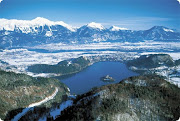
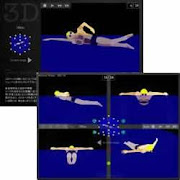
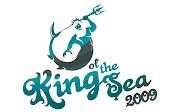



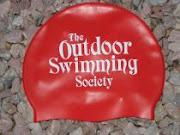




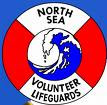
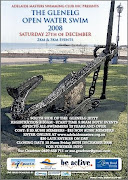





No comments:
Post a Comment